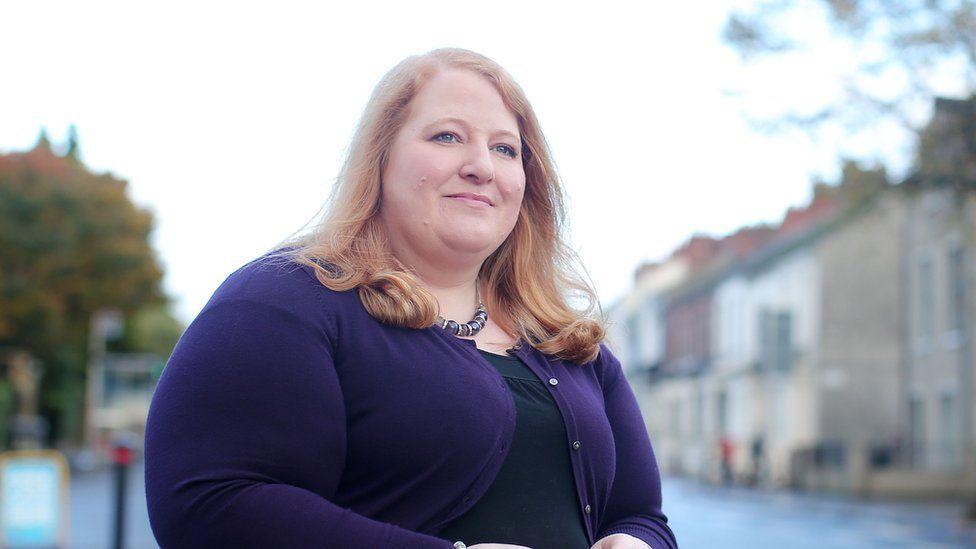Sex crimes: Victim says delays left her feeling justice was taken away
- Published
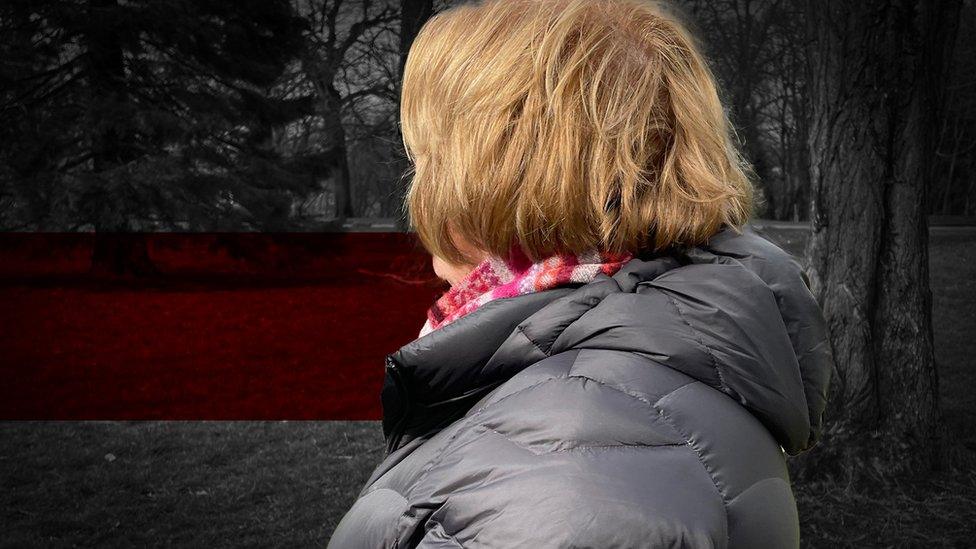
The woman said she was left struggling to cope
Sexual crimes take on average twice as long as other offences to reach the end of the criminal justice process, BBC News NI can reveal.
One victim of historical sex abuse said she felt justice was "snapped away" because of delays in the system.
The woman added she was left struggling to cope after her attacker died before the case came to court.
Justice Minister Naomi Long has said dealing with delays is a priority for her department.
The woman, whose identity is protected, was sexually abused by two different men when she was 10.
Memories were triggered decades later after she was verbally sexually harassed at work.
"When I first remembered I was in a state of shock," she said.
'I can't let that wee girl down'
The woman reported the abuse to the police in 2017 but it took almost four years before her criminal justice journey ended with a conviction.
"There were times when I just felt: 'I have very little left to give'," she said.
The woman said she was left struggling to cope after her attacker died before the case came to court.
"That's when I thought: 'I can't let that wee girl down'."
The years of delay also affected the outcome.
While one man was convicted and sentenced the other died before standing trial even though the Public Prosecution Service (PPS) had decided the test for prosecution was met.
"Once he had died it was constantly on my mind that the other man could die," the woman said.
"It was difficult to deal with the fact that he'd died and got off with it.
"It really was an opportunity missed. I still feel angry about it at times.
"It was just like justice was snapped away from me."

The long wait for justice
After an FOI request from BBC News NI, the Department of Justice released figures for the average time taken for cases to be dealt with during 2022-23 from the date an incident was reported, to the date the court process ended.
Sexual crimes - 757 days
Other (fraud/ possession of weapons/ indecent behaviour/ animal cruelty) - 378 days
Robbery/theft/burglary - 253 days
Violence against the person - 234 days
Criminal damage/public order - 198 days

Geraldine Hanna, commissioner designate for victims of crime, described the delays in the system as shocking.
"Overall the criminal justice system is getting worse at providing speedy justice to victims of crime, and it's not good enough," she said.
Ms Hanna said there had been positive legislative changes, including the introduction of new laws to prevent upskirting and downblousing.
"But until we're getting the basics right and providing speedy justice to those victims, those positive changes won't mean a thing," Ms Hanna continued.
"I have spoken to dozens of victims of crime and they all tell me the same thing these delays are devastating - the system is too slow, too uncaring and too bad at getting the basics right."
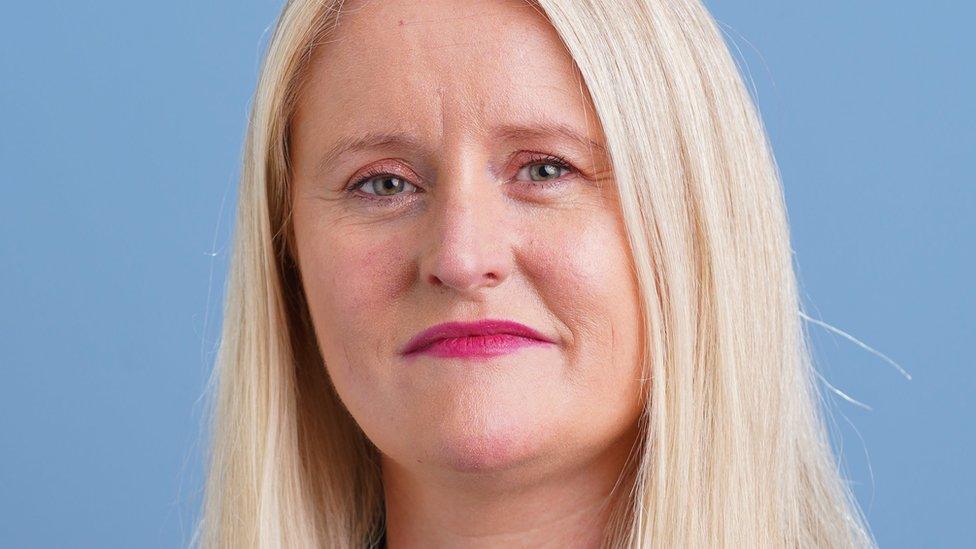
Geraldine Hanna said the justice system needed to get the basics right
The woman who was abused called for systemic change.
She described the process of making a statement to police as "cold" and "awful".
She also said the court process was a "trauma in itself" prolonged by seemingly "endless adjournments" which left her feeling voiceless.
Justice Minister Naomi Long said tackling delays was one of the biggest challenges facing the criminal justice system.
"Reducing the time it takes to complete criminal cases is a challenging and complex issue and reforms take time to embed and for their impact to be seen," she said.
Problems were exacerbated by the Covid pandemic but a "new programme of work targeted at reducing avoidable delay within the system" had begun, Ms Long said.
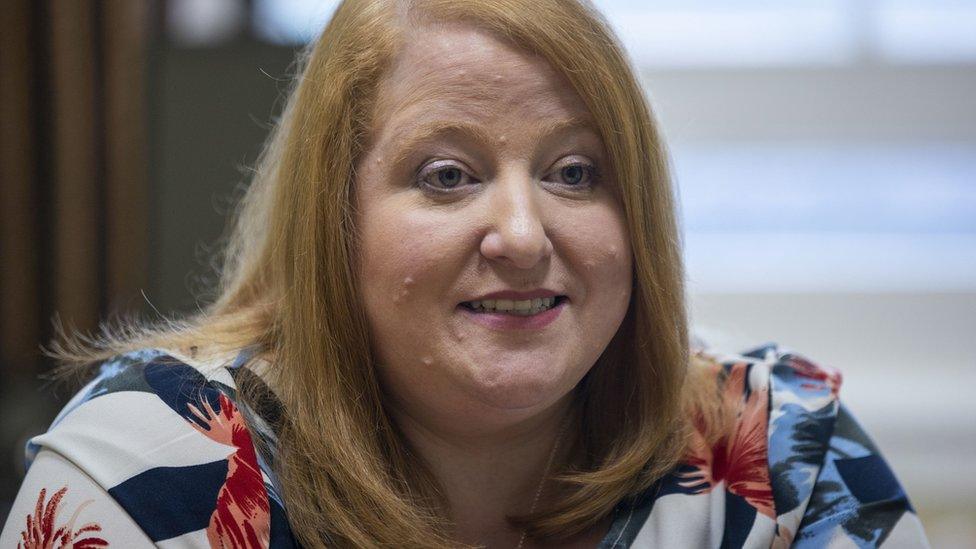
Justice Minister Naomi Long said tackling delay was a priority for her department
Northern Ireland's most senior judge, Lady Chief Justice Dame Siobhan Keegan, said dealing with the issues causing delays was "very important".
She said she did not believe there was an "adjournment culture in our criminal courts perpetrated by judges".
"I understand for some victims it's very difficult and it's a very stressful time while this is hanging over them," she said.
She called for better communication to help victims have a better understanding of the reasons for delays.
"There has to be a proper information service set-up by police and PPS," Dame Siobhan said.
"It's as simple as that and I think that would really assist victims because most of the victims I hear from, when you break it down, it does come back to a communication issue."
'Victims waiting too long' - PPS
Marianne O'Kane, PPS senior assistant director and victim champion, said delays cut across all parts of the criminal justice.
"This can leave victims waiting too long for an outcome at every stage of the criminal justice system and feeling frustrated when their case does concluded" she said.
Ms O'Kane said additional staff had been allocated to the serious crime unit.
The PPS was working with the police to improve the quality of files to ensure they included all the evidence needed for prosecutorial decisions and to avoid delays, Ms O'Kane added.
Det Ch Insp Lindsay Fisher said the Police Service of Northern Ireland understood the criminal justice process could be a difficult and traumatic experience to navigate and that delays could cause significant distress and frustration.
"This is something we are working hard to address with our criminal justice partners," she said.
"We want to minimise any delays in the system and address common misconceptions when investigating or prosecuting these types of cases."
Related topics
- Published13 March 2024
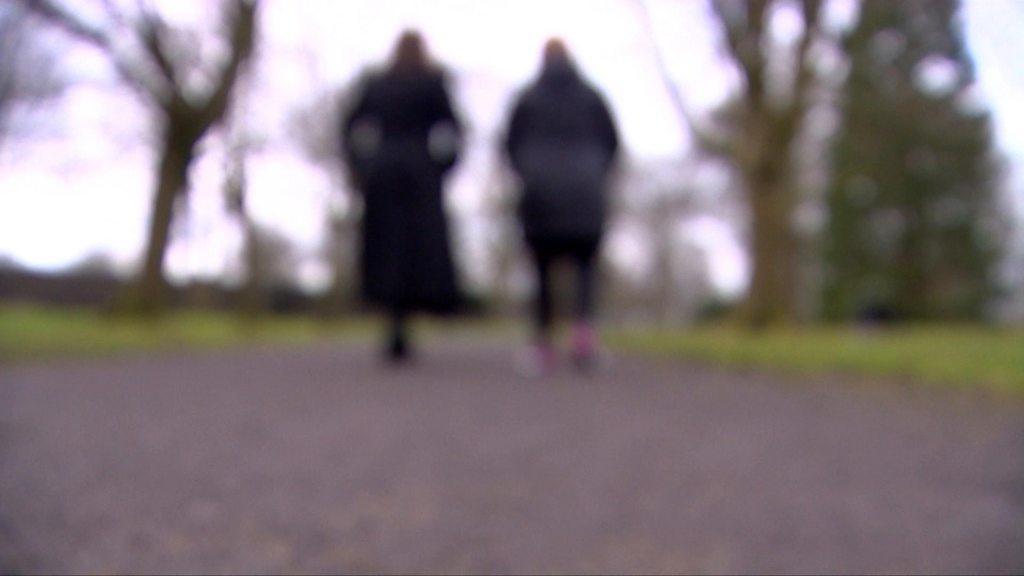
- Published3 August 2022
